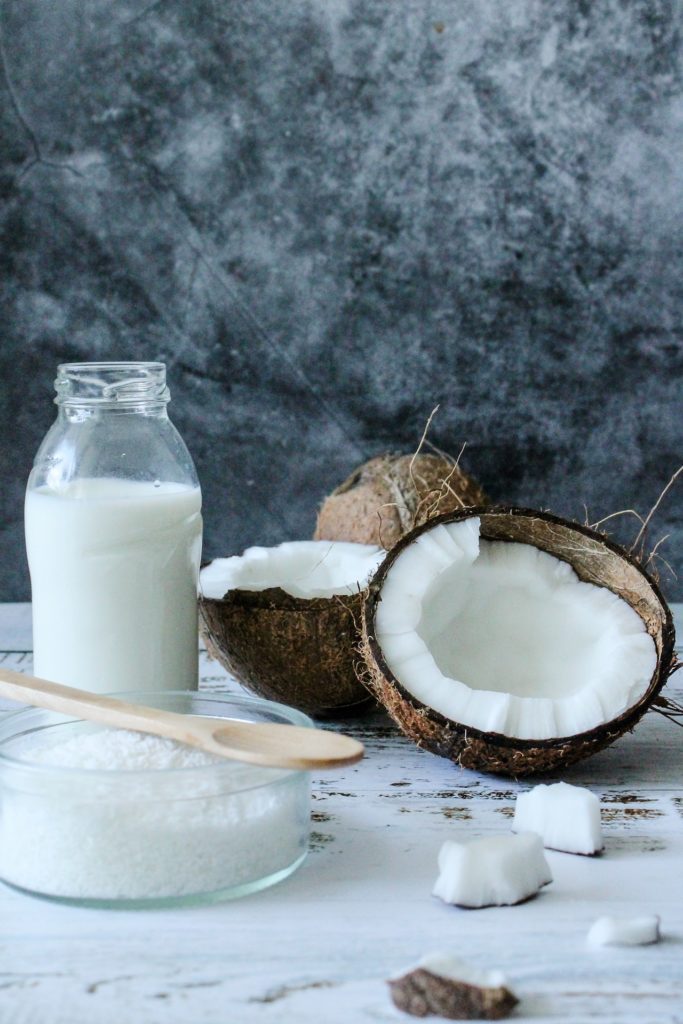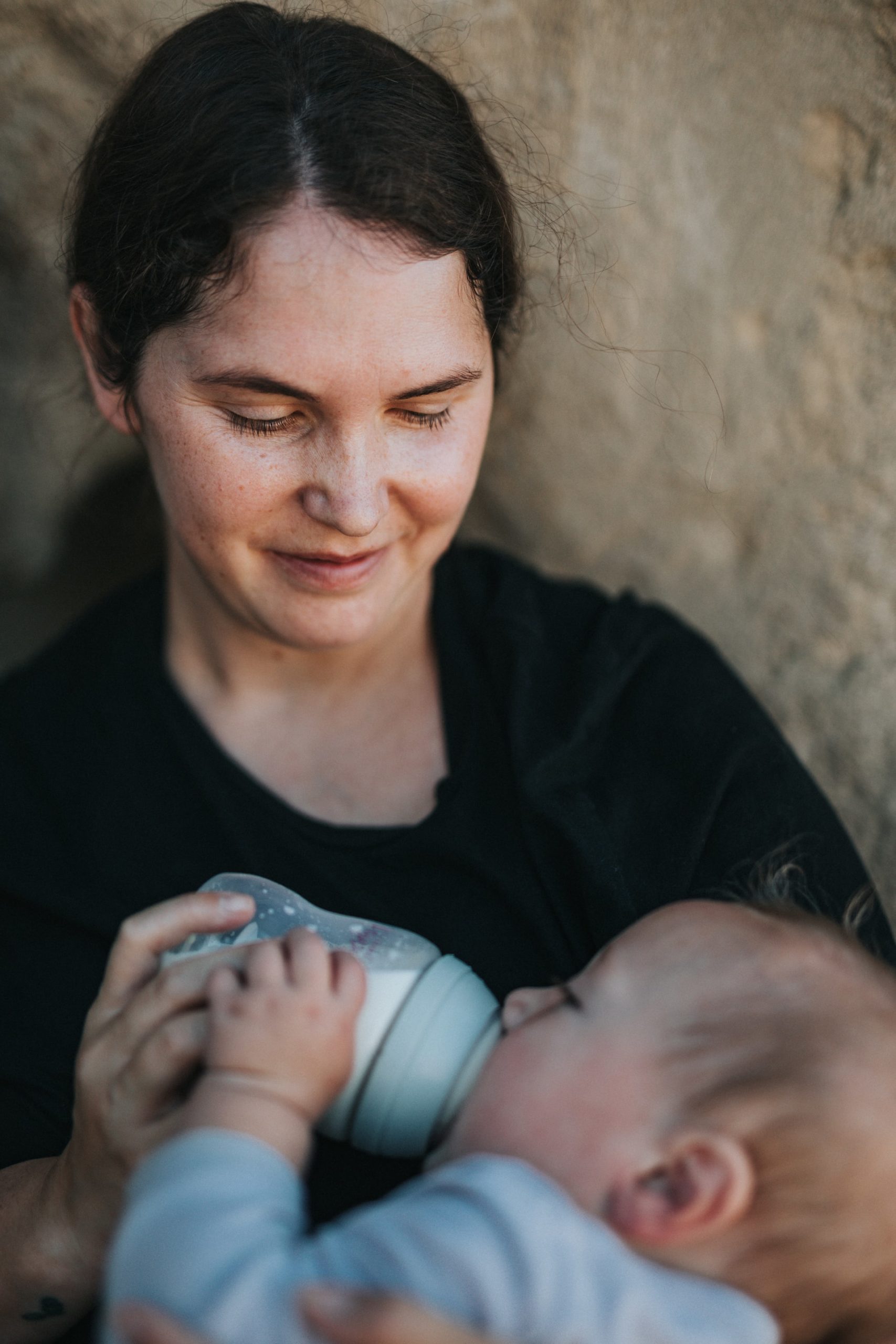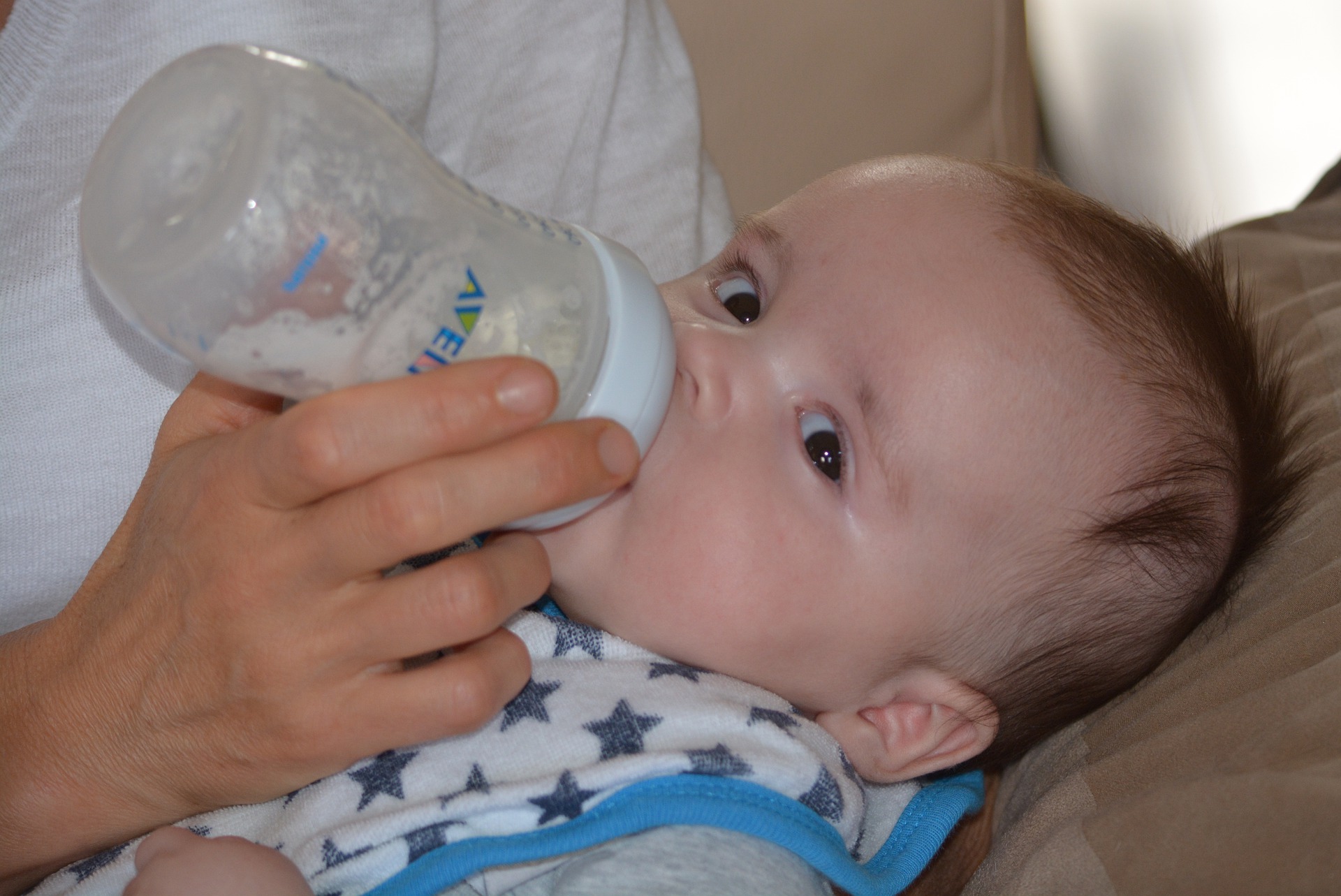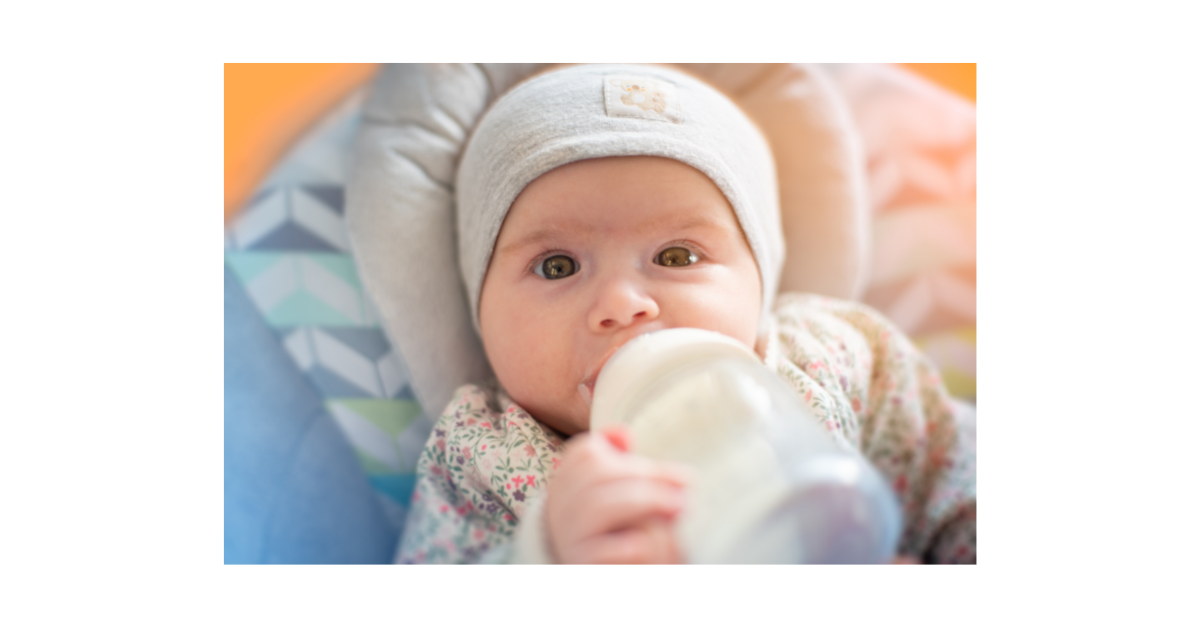All mothers want what’s best for their babies, sometimes making tough decisions about what to put into their little ones’ bodies. One of the big questions some new parents face is whether or not to feed their infants dairy-free formula.
Table of Contents
- What Is a Dairy Free Formula?
- The Benefits of Dairy Free Formula
- The Drawbacks of Dairy-Free Formula
- How to Choose the Right Formula for Your Family
- Who Should Use Dairy-Free Formula?
- Conclusion
Some are under the impression that it’s better for babies, while others worry they’re not getting enough nutrients if they don’t opt for cow’s milk-based formula. So, what’s the truth? Is dairy-free formula suitable for babies? Let’s take a closer look.
What Is a Dairy Free Formula?

A dairy-free formula is a baby formula that does not contain cow’s milk. Instead, it is made with various plant-based ingredients, such as soy, almond, or coconut milk. Dairy free formulas are often used by infants who are allergic to cow’s milk or have difficulty digesting lactose. While there are many benefits to using a dairy-free formula, it is essential to note that they are not necessarily nutritionally equivalent to formulas that contain cow’s milk.
The Benefits of Dairy Free Formula
If you’re a parent who is thinking of switching your child to a dairy-free formula, you’re not alone. More and more parents are making the switch for a variety of reasons. Here are five benefits of dairy-free formula that you may not have considered:
- Dairy-free formulas are easier to digest. For many children, cow’s milk is difficult to digest. This can lead to tummy troubles, gas, and even constipation. Dairy-free formulas are designed to be easier on little tummies, which can mean less discomfort for your child.
- Dairy-free formulas can be gentler on the skin. Children with sensitive skin or eczema may find that dairy-free formulas cause less irritation. If your child has a history of cavities, you may also want to switch to a dairy-free formula since holes have been linked to cow’s milk protein.
- Dairy-free formulas are just as nutritious as regular formulas. Many assume that dairy-free formulas are inferior to standard formulas, but this isn’t the case. Most dairy-free formulas provide the same vitamins, minerals, and calories as a regular formula.
- You may have fewer hungry cry sessions with a dairy-free baby. Some babies who drink cow’s milk-based formula tend to be hungrier and cry more often than those who drink soy or other dairy-free formulas. Switching to a dairy-free formula may help lessen the cries if you’re struggling with a fussy baby.
- Dairy-free formulas can be helpful for families with allergies. Suppose someone in your family is allergic to cow’s milk protein. In that case, it’s important to avoid cross-contamination by using a separate set of bottles and nipples for your dairy-free baby. Switching to a dairy-free formula will also eliminate the need to worry about accidentally exposing your baby to cow’s milk protein.
The Drawbacks of Dairy-Free Formula
While there are many benefits to using a dairy-free formula, there are also some potential drawbacks that you should be aware of. Here are a few things to consider before making the switch:
- Dairy-free formulas can be more expensive. If cost is a concern, you may want to stick with a regular formula since dairy-free formulas can be up to twice as expensive.
- Dairy-free formulas may not be as widely available. While most major formula brands offer a dairy-free option, you may have to search to find one that’s right for your family.
- There is a risk of nutritional deficiencies. Since dairy-free formulas are not nutritionally equivalent to regular formulas, there is a risk that your child may not be getting enough vitamins and minerals. Be sure to talk to your child’s doctor before switching to a dairy-free formula.
How to Choose the Right Formula for Your Family

The formula is an integral part of many families lives, and it’s essential to choose the right one for your family. Here are four things to consider when selecting a formula:
1. The type of milk: cow’s milk, soy milk, or hypoallergenic formula?
2. The age of your child: there are formulas for infants, toddlers, and children up to 12 years old.
3. Additional health considerations: if your child has any allergies or medical conditions, you’ll need to find a safe formula for them to consume.
4. Your budget: formulas can range in price from $15 to $30 per can, so be sure to compare prices before making your final decision.
Who Should Use Dairy-Free Formula?

As the popularity of plant-based diets continues to grow, so does the demand for dairy-free alternatives. The dairy-free formula can be a convenient and nutritious option for infants and toddlers who cannot consume cow’s milk or other dairy products.
However, it’s important to note that not all infants and toddlers will need or benefit from the dairy-free formula. Here are four groups of children who may benefit from using the dairy-free formula:
1. Children with severe allergies to cow’s milk proteins. These children may experience diarrhea, vomiting, hives, and difficulty breathing after consuming cow’s milk or other dairy products. The dairy-free formula can help these children get the nutrition they need without triggering an allergic reaction.
2. Children with lactose intolerance. Lactose is a sugar found in milk and other dairy products. Children with lactose intolerance lack the enzymes needed to break down lactose, which can cause stomach pain, bloating, and diarrhea after consuming dairy products. The dairy-free formula can help these children avoid these uncomfortable symptoms.
3. Children with holes in their intestines (congenital sucrase-isomaltase deficiency). This condition prevents the body from adequately digesting sucrose, a type of sugar found in many fruits, vegetables, and processed foods. Dairy products often contain high sucrose levels, so children with this condition may experience diarrhea after consuming them. The dairy-free formula can help these children get the nutrition they need without triggering symptoms.
4. Children on a vegan diet. Veganism is a plant-based diet that excludes all animal products, including milk and other dairy products. While some vegan parents may choose to raise their children on a vegan diet, others may opt for the dairy-free formula to ensure their child gets all the nutrients they need.
Conclusion
The dairy-free formula can be a convenient and nutritious option for infants and toddlers who cannot consume cow’s milk or other dairy products. However, it’s important to note that not all children will need or benefit from dairy-free formula. Be sure to talk to your child’s doctor before switching to a dairy-free diet.











